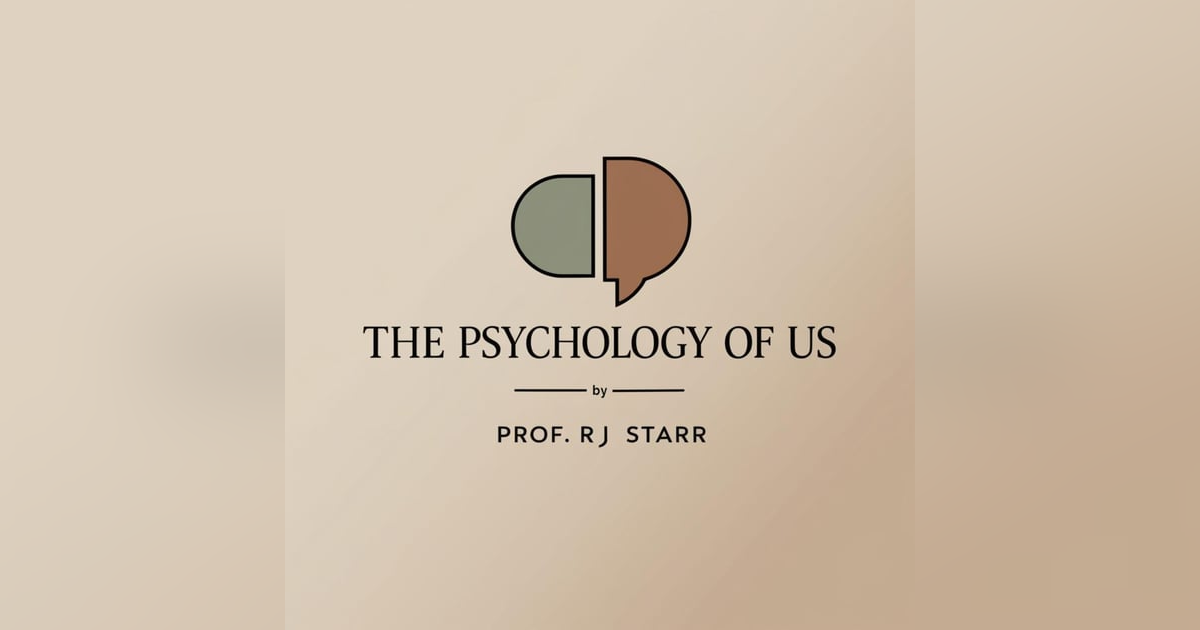The Psychology of Sarcasm

We think of sarcasm as funny. Harmless. Witty.
But what if sarcasm is doing more than making people laugh?
In this episode of The Psychology of Us, we take a deeper look at sarcasm—not as a personality trait or comedic style, but as a psychological strategy. Why do people use sarcasm in the first place? What are they protecting? And what’s the emotional cost of being on the receiving end of a joke that wasn’t really a joke?
Sarcasm is a form of verbal irony—where what’s said and what’s meant are intentionally different. It requires decoding, inference, emotional control. And while it can be playful in the right context, it often functions as something else entirely: a mask, a defense, a form of indirect emotional expression that protects the speaker at the expense of the listener.
For many people, sarcasm is a tool learned early. In homes where vulnerability wasn’t safe, sarcasm became a way to express pain without being exposed. In cultures that reward cleverness over sincerity, sarcasm became a currency of belonging. But what happens when that habit gets so ingrained, it replaces directness? What does it do to our relationships when humor becomes a stand-in for honesty?
We explore what sarcasm communicates beyond the surface—and why it so often leaves people feeling uneasy, small, or subtly hurt. From the emotional double-bind it creates (“If I speak up, I’m sensitive. If I don’t, I carry it alone”) to the long-term erosion of trust it can cause, we name the psychological patterns that usually go unspoken.
We also ask when sarcasm does work. Because sometimes, it’s a shared language between people who know each other well. It can be bonding, even intimate. But only when safety, trust, and mutual understanding are firmly in place.
This episode is about the line between humor and harm. About the words we use to keep things light, and what we’re actually avoiding when we do. It’s about emotional literacy, power, and the subtle ways we teach each other whether it’s safe to be real.
If you’ve ever laughed at something sarcastic and felt a quiet ache underneath… or if sarcasm is your default and you’re not sure why… this one’s worth listening to.
Not all jokes are harmless.
Some are emotional messages in disguise.





